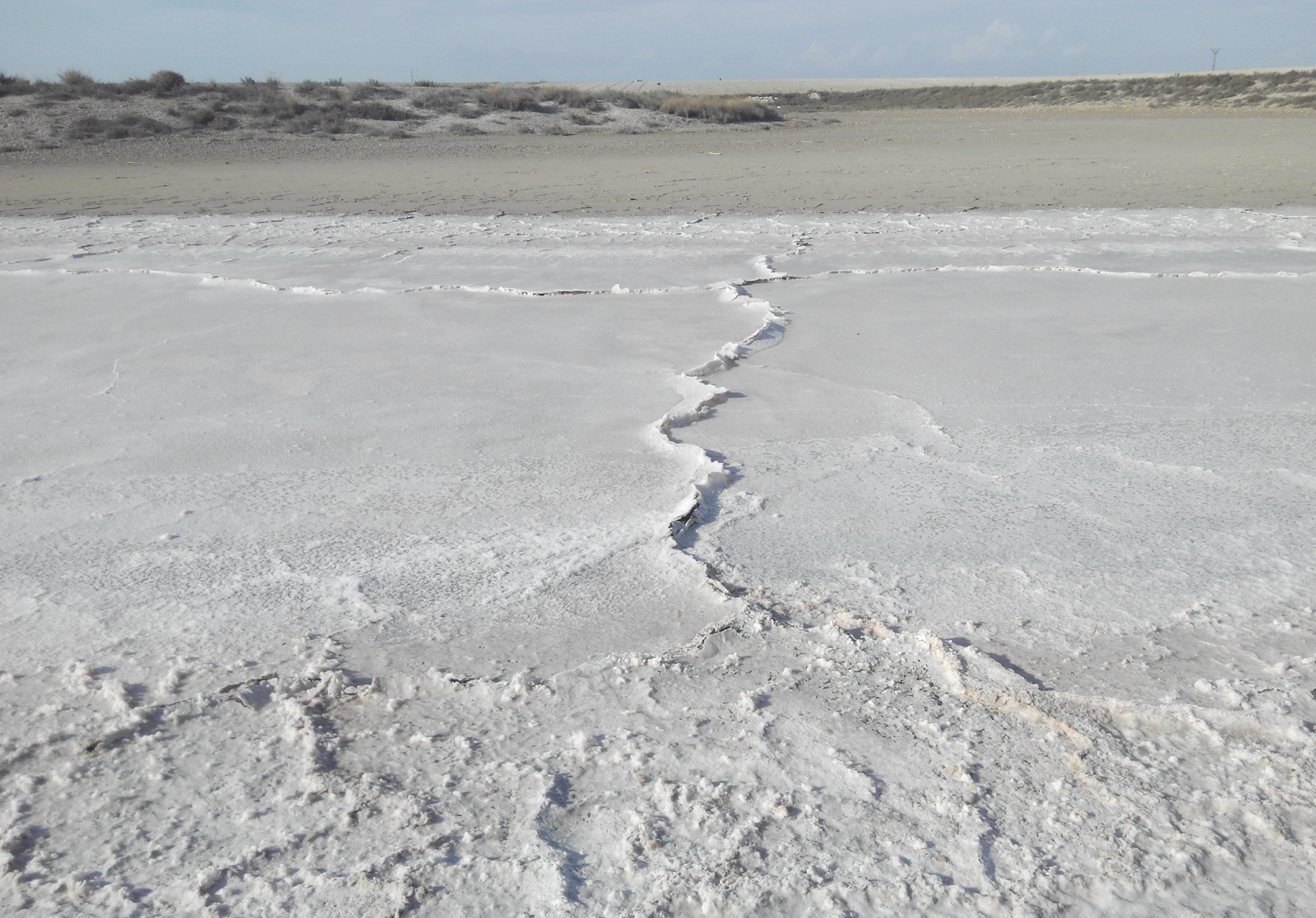Freshwater salinisation: a research agenda for a saltier world
By David Cunillera-Montcusí and collaborators
 Salt pollution in lakes and streams strongly impacts ecosystems and may seriously impair essential services to human societies. Human activities such as mining, intensive agriculture, water withdrawal, together with climate change, are pushing salt concentrations in our inland waters to higher levels. This may not only make water undrinkable and unusable for industry, but it can also have many other serious ecological consequences ranging from loss of salt-sensitive species and spread of invasive species to the alteration of nutrient cycling and transfer of organic matter through the food webs, and rise in greenhouse gas emissions.
Salt pollution in lakes and streams strongly impacts ecosystems and may seriously impair essential services to human societies. Human activities such as mining, intensive agriculture, water withdrawal, together with climate change, are pushing salt concentrations in our inland waters to higher levels. This may not only make water undrinkable and unusable for industry, but it can also have many other serious ecological consequences ranging from loss of salt-sensitive species and spread of invasive species to the alteration of nutrient cycling and transfer of organic matter through the food webs, and rise in greenhouse gas emissions.Despite there is accumulating evidence of the dramatic effects of freshwater salinisation, the current knowledge is not enough to accurately predict the consequences of salinization on freshwater ecosystems. To challenge this problem, in this work a team of scientists from 10 countries joined their efforts to identify the most urgent research needs. After reviewing several hundreds of papers published in the last 5 years, the authors unveil an uneven geographical coverage of current knowledge, mainly focused on North America and Europe, and neglecting regions such as Africa or South America where salinization is intensifying. Most current research also neglects small freshwater habitats like ponds, which are very important for regional biodiversity. The study also shows that there is little information about the effects of different types of salts, as well as about the consequences of salinization at regional and landscape scales, or the impact on ecosystem processes such as greenhouse gas emissions or nutrient removal. Finally, the authors evidence that most studies focus on aquatic invertebrates, whereas knowledge of the effect of salinization on microorganisms that drive nutrient cycling and on organisms at the top of the aquatic food pyramid such as fish, reptiles and amphibians, is poor. Hence, future studies should focus in fulfilling these gaps of knowledge before we can understand and even predict the consequences of a saltier world.
Read the full study here:
Cunillera-Montcusí, D. et al. Freshwater salinisation: a research agenda for a saltier world. Trends Ecol. Evol. 37, 440–453 (2022).
Text written by David Cunillera-Montcusí and edited by Clara Ruiz and Félix Picazo
